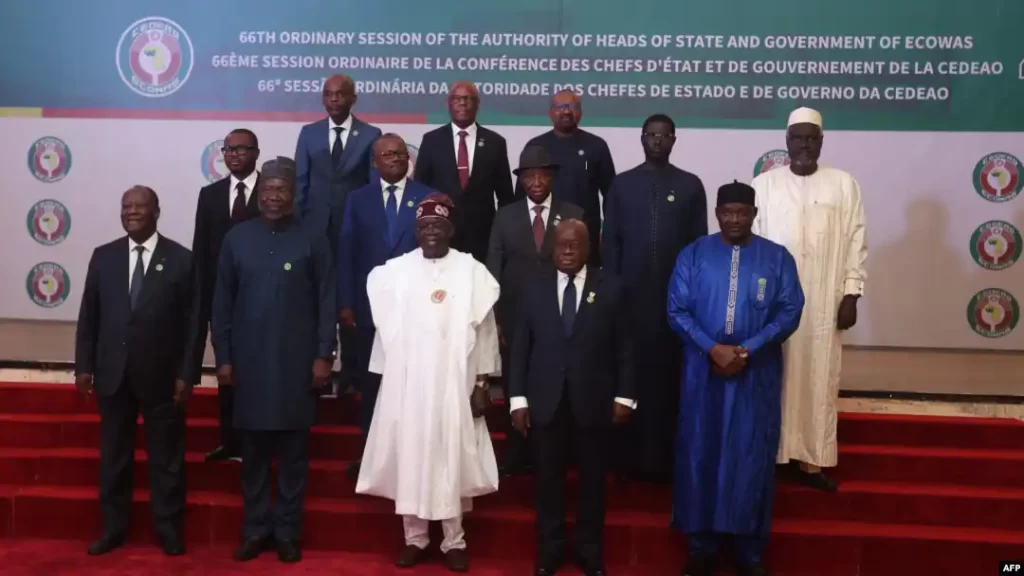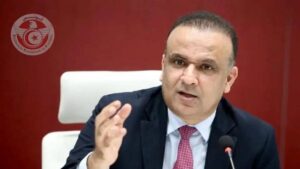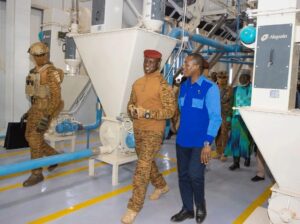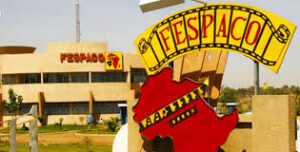Africa: The whining of ECOWAS calling for the return of the AES to the sub-regional community

The 66th ordinary session of the Economic Community of West African States (ECOWAS) Heads of State and Government convened in Abuja, Nigeria, against a backdrop of rising tensions with the countries of the Sahel States Alliance (AES). The withdrawal of AES members marks a crisis for an organization historically committed to regional integration but now appearing to lose sight of this vision.
During the session, ECOWAS reiterated its desire for the Sahel nations to rejoin the organization, setting a six-month deadline for them to reconsider their decision.
However, this call seems more like a plea than a firm stance, revealing the weakening of ECOWAS as a regional body.
Rather than engaging in genuine dialogue with the AES countries to understand the reasons behind their departure, ECOWAS continues to adopt a stance of misplaced authority.
This reflects a clear disconnect between the leadership and the aspirations of the West African populations. Internal divisions, compounded by foreign interference and conflicting agendas, are severely undermining ECOWAS’s credibility.
For meaningful progress, ECOWAS must return to its core principles: promoting economic integration, ensuring collective security, and defending the interests of its citizens.
Achieving these objectives requires ending foreign interference and respecting national sovereignty.
The people of West Africa seek tangible improvements in their daily lives, not power struggles or empty demands.
It is time for ECOWAS to fully recognize the economic, political, and social ramifications of its decisions and work to regain the trust of its member states.
By adopting a posture of humility and accountability, ECOWAS could reaffirm its role as a driver of regional integration, ensuring a prosperous future for all its members.
The moment for distant rhetoric has passed; it is now time for concrete actions that meet the real needs of West African citizens.
Neil CAMARA






